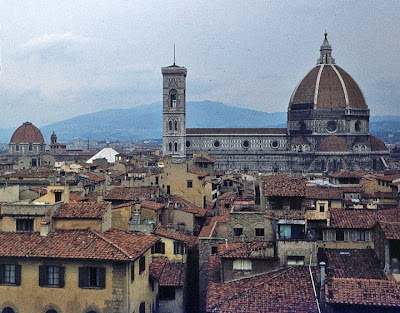The Accordionist's Son by Bernardo Atxaga
“All books, even the harshest, embellish life,” declares David Imaz, the principal narrator of this superb novel. He’s earned the right to say so and the right to be wrong. It’s not smug literary theory but a recognition of the complex relationship between what happens to us and what we say about it. The book moves skilfully between David’s time in America in the 1990s, his youth in the Basque country in the 1960s and the experiences of his parents’ generation during the Spanish civil war.
At its heart, it’s a wholly convincing account of families and friendship. We meet David’s teenage friends as they play, quarrel and develop rivalries and loyalties; we share his desperately painful suspicions about his father’s support of fascist atrocities and the drowsy eroticism of his feelings for Virginia – “ la paysanne” – who is betrothed to a sailor; we witness his delicate courtship of his American wife, with all the tenderness and strangeness of flirtation and unspoken love. Like Josef Skvorecky and Milan Kundera, Bernardo Atxaga excels in portraying youthful rites of passage against a merciless, often mendacious history.
The history goes deep. As a boy, David is aware of the much older Virgilian world of shepherds and wolves, and the growing and grinding of grain. There are echoes of Petronius, Ovid and Martial; the “hissing leaves” speak with Virginia’s voice and the toads croak harsh warnings. But the “ancient people” among whom he grows up are already losing their memories. Motorbikes appear beside the horses, Creedence Clearwater Revival’s hits feature on the radio, contrasting with the “sadder music” of the accordion songs that David learns from his father. To his American children, his memories will seem “from another galaxy”.
History’s worst cruelty is that a civil war is never finished. David sees old lists mentioning locals who were shot and tries vainly to forget them. Another narrator (these shifts in perspective are achieved smoothly) describes horrifying reprisals and a pool of blood on the ground. A hiding place used in the 1930s is needed 30 years later as Franco’s police sniff out subversion. The mere fact of speaking Basque or not playing the accordion for a ceremony becomes a political act; victims become executioners.
Language and loss are intimately connected. David’s country friends said “happy” or “unhappy”, not “obsessive” or “paranoid”. His student friends, however, say “alienation” as naturally as the peasants say “ mitxirrika” when they point to a butterfly. There is not a sermon here about what is or isn’t authentic, and no moral sleight of hand to prove one way of life inherently superior.
What counts most is true feeling and intensity. David’s premature death is mentioned on page two, and its approach is sensed throughout the final pages. In between, the killing of a horse, a bird or an insect are all the more moving for being placed against the atrocities that human beings perform on one another. Even as David meets his wife, he notices the baleful movement of a clock’s pendulum. But death doesn’t have the last word. Atxaga’s dextrous interweaving of themes and vibrant evocation of people and places make the book not an embellishment of life but a celebration of its richness.
THE ACCORDIONIST’S SON by Bernardo Atxaga
Harvill Secker £18.99 pp400




.gif)






